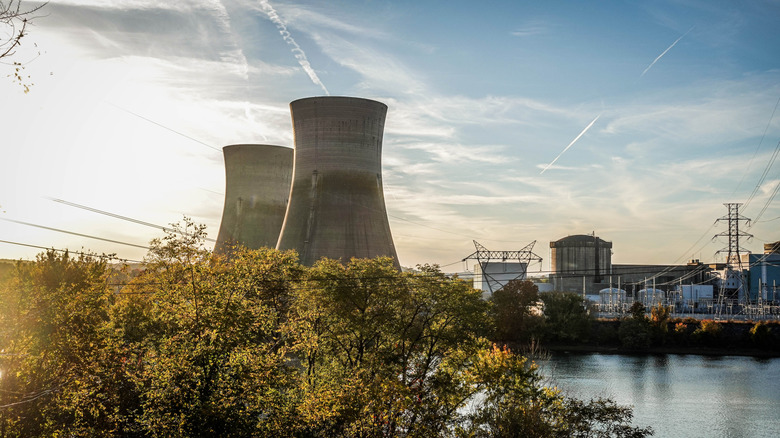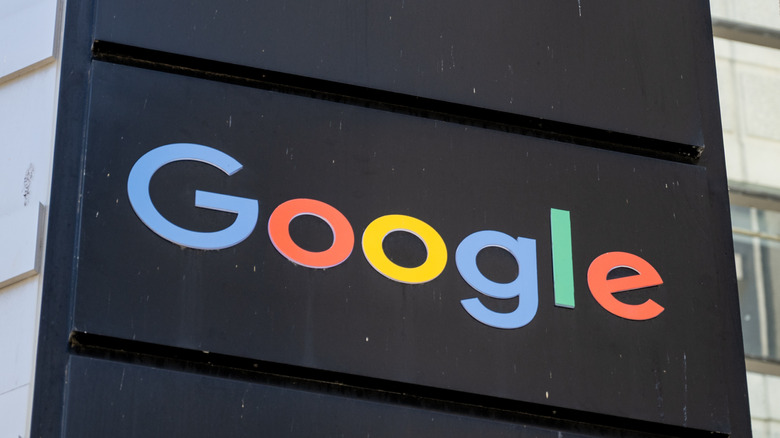Big Tech Is Going All-In On Nuclear Energy - Here's Why
If you've been paying attention to headlines recently, you might have seen news that Google is going all-in on nuclear energy. It's a first-of-its-kind move that more big tech companies are likely to follow, and while it might not make much sense on the surface, there's actually a really good reason that Google and others are making this move. It all comes down to the current AI revolution that is driving a lot of the tech industry's movements right now.
Over the past couple of years, AI has ballooned exponentially. From chatbots like ChatGPT with its updated privacy features that can help with almost anything, to generative AI features built right into your smartphone — like Google's AI-powered audio and video editing features — AI is everywhere. And while AI is becoming more effective and efficient as time goes on, not to mention more reliable, it's also becoming more expensive to power.
Currently, it's estimated that a single query in ChatGPT takes roughly 0.34 watt-hours of energy — a number CEO of OpenAI, Sam Altman, equates to "about what an oven would use in a little over one second" on his blog. While that might not sound like much on its own, when you consider how many queries are made across ChatGPT's service each day, that number grows quite a bit. As such, the demand for greater energy options has only grown as AI has. With more companies looking to build AI datacenters to drive their systems, that means finding better ways to provide the needed energy while not also crippling the energy grid that already exists.
Google takes nuclear energy a step further
Google is taking an active step further by partnering with Kairos Power to generate roughly 500 megawatts of nuclear power across the United States' electrical grid. The first step of this partnership is currently underway in Tennessee, where Google and Kairos will build their first nuclear power site, which will help power the company's data centers in Tennessee and Alabama. Alongside providing power for the data centers, it also looks like this movement will provide additional energy for the rest of the country, too, at least in the areas where the power sites are located.
This is a crucial moment for the energy industry as it marks a return toward relying on nuclear energy, something that has been being phased out in many countries in recent years due in part to the expense of both building and maintaining the environments needed to house nuclear reactors — like storing the nuclear waste or turning it into batteries that don't need to be recharged. However, with the ongoing fight against climate change, many companies are looking to nuclear energy again, as many consider it a cleaner energy solution compared to standard fossil fuel efforts, especially when you look at how much energy it can create.
With so many companies striving to lower their carbon footprints over the past decade, the move makes a lot of sense, especially as a long-term investment that will help ensure data centers for new AI services are properly powered, while also providing cleaner energy to rely on for those centers.

